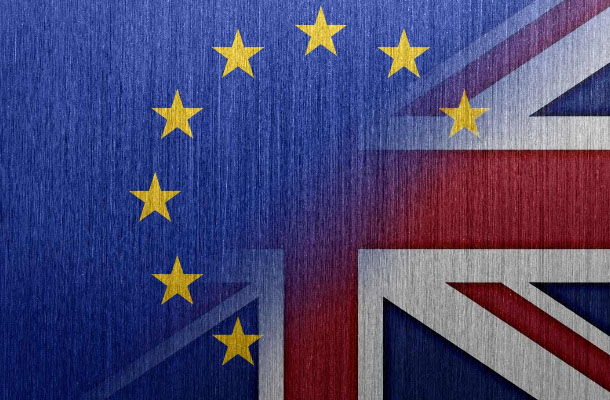Brexit and Northern Ireland

The following is an extract from a speech given by IIEA Senior Fellow and Former Irish Ambassador in London, Dáithí O’Ceallaigh, at the Newry Chamber of Commerce Conference, 'Can we afford to leave Europe?', on Thursday 29 October, 2015.
Britain has become unpopular among many of Europe's politicians and civil servants because of the perception that the British are not fully committed and because of the anti-European rhetoric in the UK. The referendum should bring an end to the hesitancy in the relationship, one way or the other.
The outcome of the referendum has the potential to alter in significant ways the relationships between Britain and Ireland, between Northern Ireland and the rest of the United Kingdom, and between north and south on this island.
The outcome of the British negotiation with the rest of the EU is uncertain. There appears to be a general consensus that it would be best for the EU were Britain to remain a member, but member states will need to stretch if Britain is to get what it wants.
The outcome of the referendum is also uncertain. Even if the negotiations were successful, and I think Mr. Cameron will get a deal, there is no guarantee that he will be able to successfully sell such a deal to the British people.
Opinion polls tend to give the stay-inside side a small overall majority. That could change.
Recent leadership changes in the Labour Party have tipped the scales away from the pro-European side to a more sceptical view. In any event, that party is likely to be consumed for some time with internal matters, leaving little time for the EU debate.
As we know well in the Republic, electorates frequently use referendums to answer a different question to the one on the ballot paper, making the result more uncertain. We need, therefore, to take seriously the possibility of a British exit from the EU.
If the UK exits, there is a real possibility that Scotland will withdraw from the UK and seek to re-enter the EU.
The implications are enormous for the relationships within these islands, for the carefully nurtured, positive relationship between London and Dublin, and for the hugely improved relationship between north and south.
But arguably the most important consequences are for Northern Ireland, where a 'Brexit' could have potentially dangerous results.
In the Republic, the possibility of a British withdrawal is being taken very seriously. The Taoiseach, the Tánaiste and the Foreign Minister have stated that it is in Ireland's interests that the UK remain in the EU, not least because of Northern Ireland.
A special unit has been established in the Department of the Taoiseach to coordinate the Irish response. Among others, IBEC, the IFA, banks and financial institutions are devoting time and resources to the issue.
The absence of debate in Northern Ireland, especially within the political class, is striking, and in stark contrast to the widespread debate in the Republic.
This is all the more surprising given the enormous implications for the area.
I would suggest that the different interests in Northern Ireland should immediately put in place, if they have not already done so, programmes to examine the implications of a British withdrawal.
This could include organisations such as the Ulster Farmers' Union, the CBI, the trades unions, as well as the universities and the research institutes.
If their studies lead to conclusions that their interests would be best served by the UK remaining in the EU or by leaving it, they should say so. There is a real need for a debate in Northern Ireland which will allow people to make an informed choice.
Above all, the political parties in Northern Ireland need to turn their minds to the issue. For more than a year now, the parties in the Executive have been unable to agree a budget and their relationships have been further complicated by the revelations about continuing remnants of the past.
But the political parties owe it to their constituents to examine and discuss the implications for them of the outcome of the referendum.
If the UK were to leave the EU and if, in consequence, the UK were to split up, what would happen to Northern Ireland?
The peace in Northern Ireland, however fragile and tender a plant it is, was brought about within the EU. Common British and Irish membership helped the two countries put aside their ancient differences and enabled them to act together. The opportunities of the Single Market have permitted north and south to cooperate as never before. Brexit is a potential spoiler to the progress which has been made.
I think the interests of the people of Northern Ireland would be best served if the political parties there could find consensus on the issue. It would be the best help the people of Northern Ireland could have as they face this momentous decision about their future.
The referendum is inevitable. The Northern parties owe it to their communities to manage the process, lest it get out of hand with dire consequences for everybody on this island.
This article was originally published in the Irish Independent on 10 November 2015. The original can be accessed at http://www.independent.ie/opinion/comment/northern-parties-must-decide-their-position-on-brexit-34185050.html
